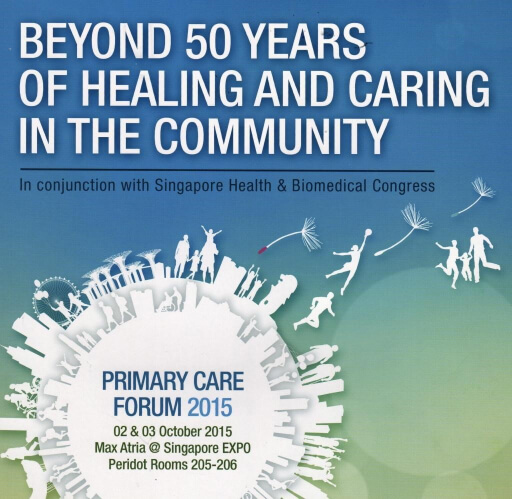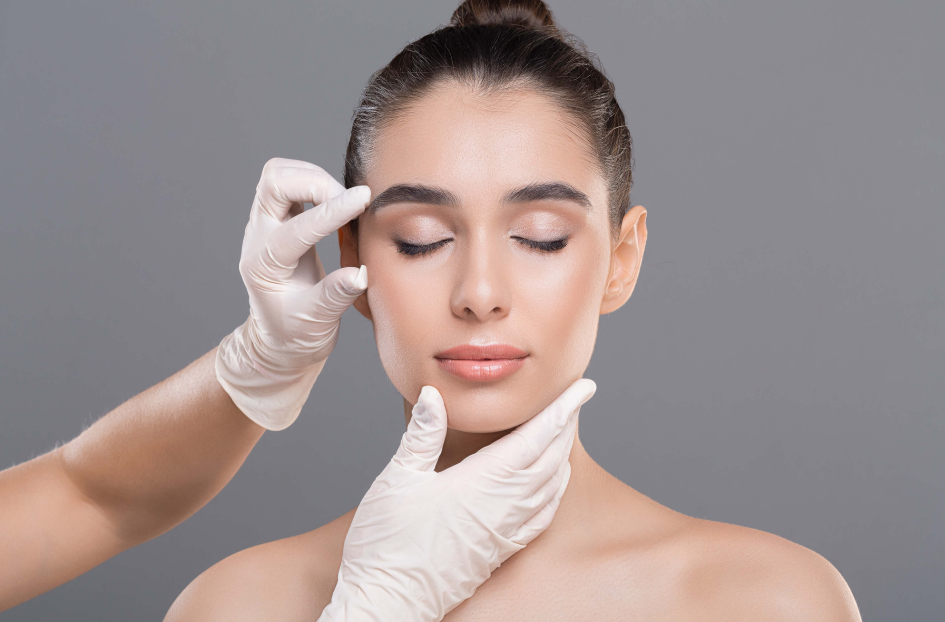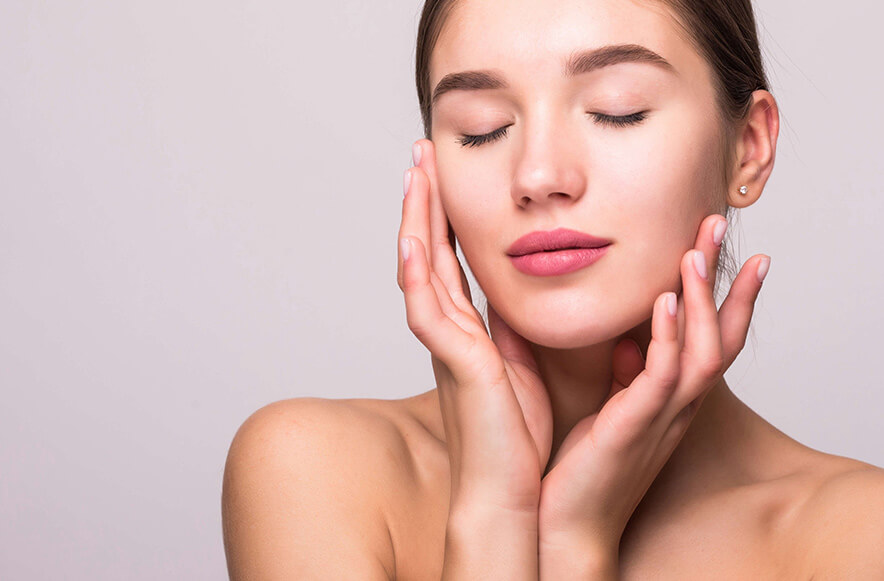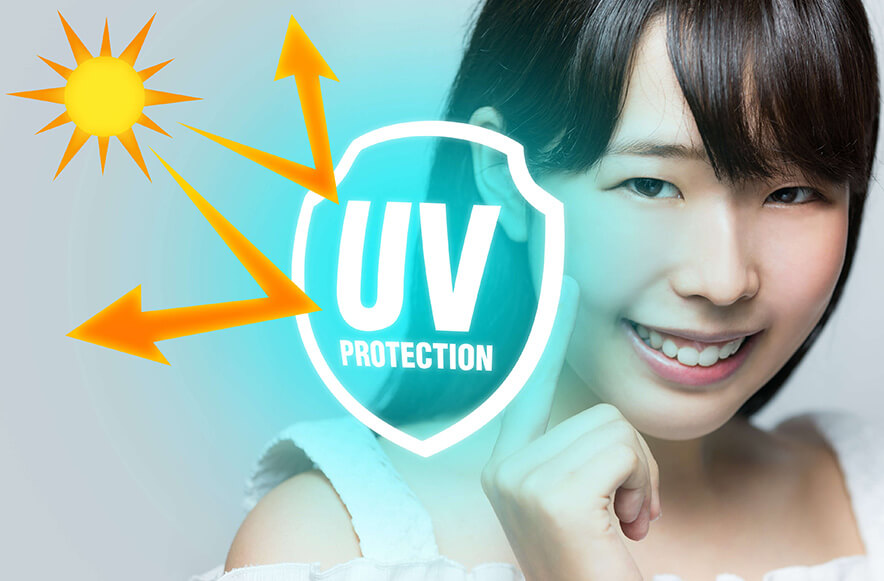I was the invited speaker on the topic ‘Aesthetic Medicine, the evidence behind it‘ during the Primary Care Forum 2015 held on the 3rd Oct 2015. This is a forum jointly organized by Primary Care Academy and Singapore Health Biomedical Congress for family physicians. Below is the summary of my speech:

Aesthetic Medicine (AM) is an enigma. It is practiced by many doctors, loved by the media, and welcomed by patients. Yet doubts remain on whether it is really evidence based.
What exactly is Aesthetic Medicine? The truth is there is currently NO internationally accepted definition of aesthetic medicine. In the U.K, it is defined as “operations and other procedures that revise or change the appearance, color, texture, structure, or position of bodily features, which most would consider otherwise to be within the broad range of ‘normal’ for that person”.
AM is a form of aspirational medicine, where medical professionals help to fulfill their patients’ aspirations, or striving towards a better aesthetic ideal. In the past 20 years, there has been a tremendous growth in this field, with people starting to openly embrace AM. In their visits to clinics, people are requesting for cosmetic improvements to look good, feel better, and to combat the visible changes of aging.
In 2015, according to the market data published by the American Society of Aesthetic Plastic Surgery, around 10 million people underwent aesthetic procedures. The data showed these people were mainly women, with men showing increasing numbers. Treatment-wise, botulinum toxin and dermal fillers were the most popular.
AM is strongly supported by good scientific evidence. For example: The use of the Triluma cream in the treatment of skin pigmentation is well established, as well as the use of retinoid in reducing wrinkles. Many device-based treatments are backed by strong scientific evidence, while injectable toxin and fillers are well supported by medical publications. The man who revolutionized the world of lasers is Dr. Rox Anderson, a dermatologist from Wellman Laboratory in Boston. He and his colleague published “the theory of selective photothermolysis” that forms the basis of laser treatment for many of the devices that we use today.
AM is driven by a combination of the consumer, industry and the media. In the past, the laser companies put a lot of effort and money into good studies to prove that the clinical results of their new machine are evidence based. The doctors reviewed the publications and made the decision based on the merit and strength of the machine and the publications. These days, a lot of effort is put into driving up the consumer’s interest through social media. This exerts market pressure on the practitioners to buy the machine so as to offer the service. The limitations and downsides of such treatments are often omitted.
Many doctors have been attracted to join in the practice of AM and not all are well trained. The public at large also needs to be protected from many unproven and unsafe treatments, often provided at significant cost to patients. Hence Aesthetic Practice Oversight Committee (APOC) was set up in 2008 by the Ministry of Health in Singapore. The committee has come out with the “ Singapore Medical Council guidelines on Aesthetic practice for doctors” based on currently available evidence. The guidelines have helped to maintain some standard and rein in cowboy practice to minimize complications for patients. Still, we have had 2 deaths from liposuction and some recent reports of blindness due to filler injection. These are the more high profile cases. Many of the less serious complications suffered by patients have gone under the radar.
In summary, AM is booming in Singapore and more and more medical professionals are offering AM in their practice. The practice of AM can be evidence-based and doctors should abide by the time honored Hippocratic Oaths and preserve the finest traditions of our calling. In doing so, we will experience the joy of healing those who seek our help and the esteemed position bestowed to us by society.




